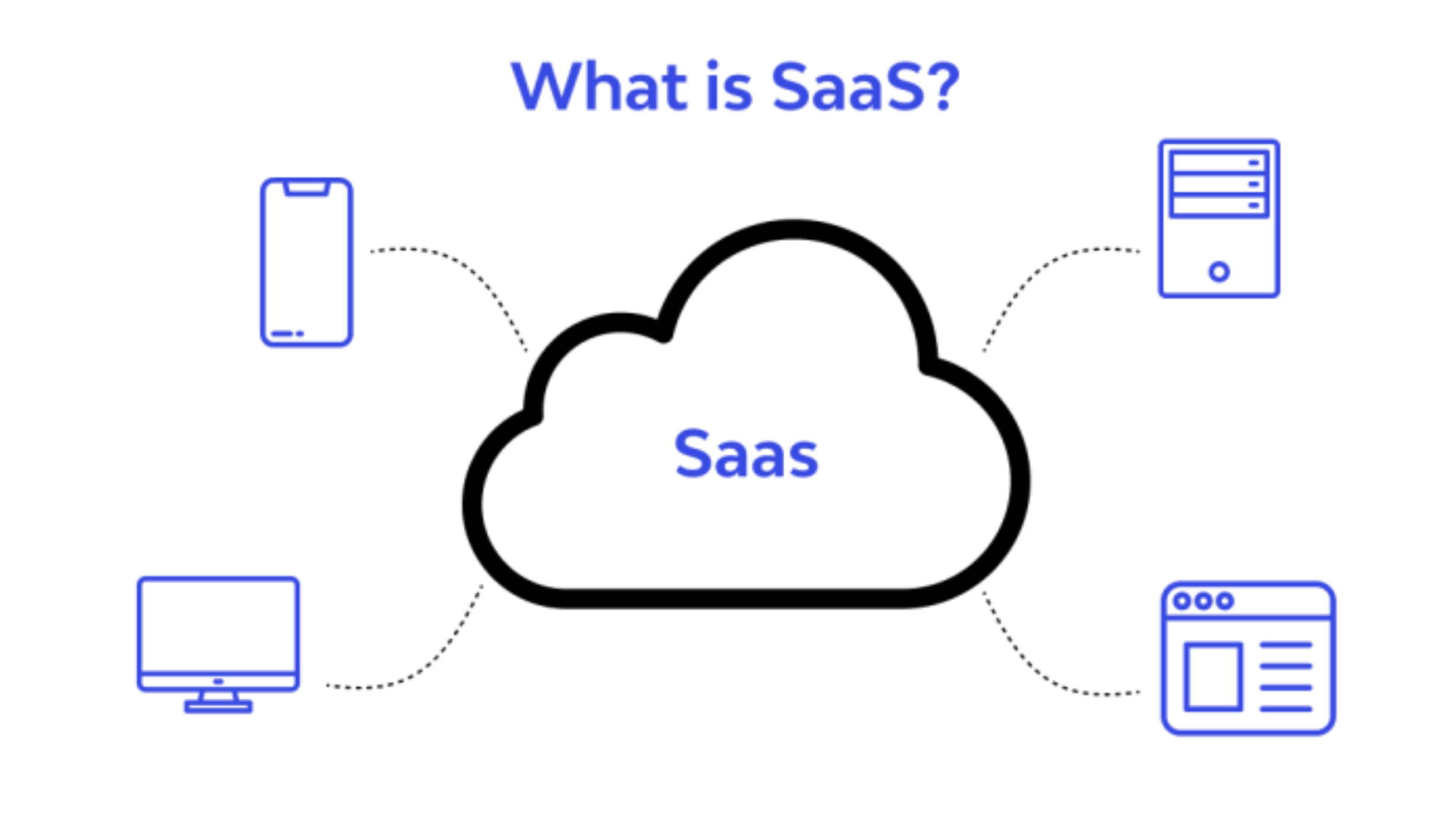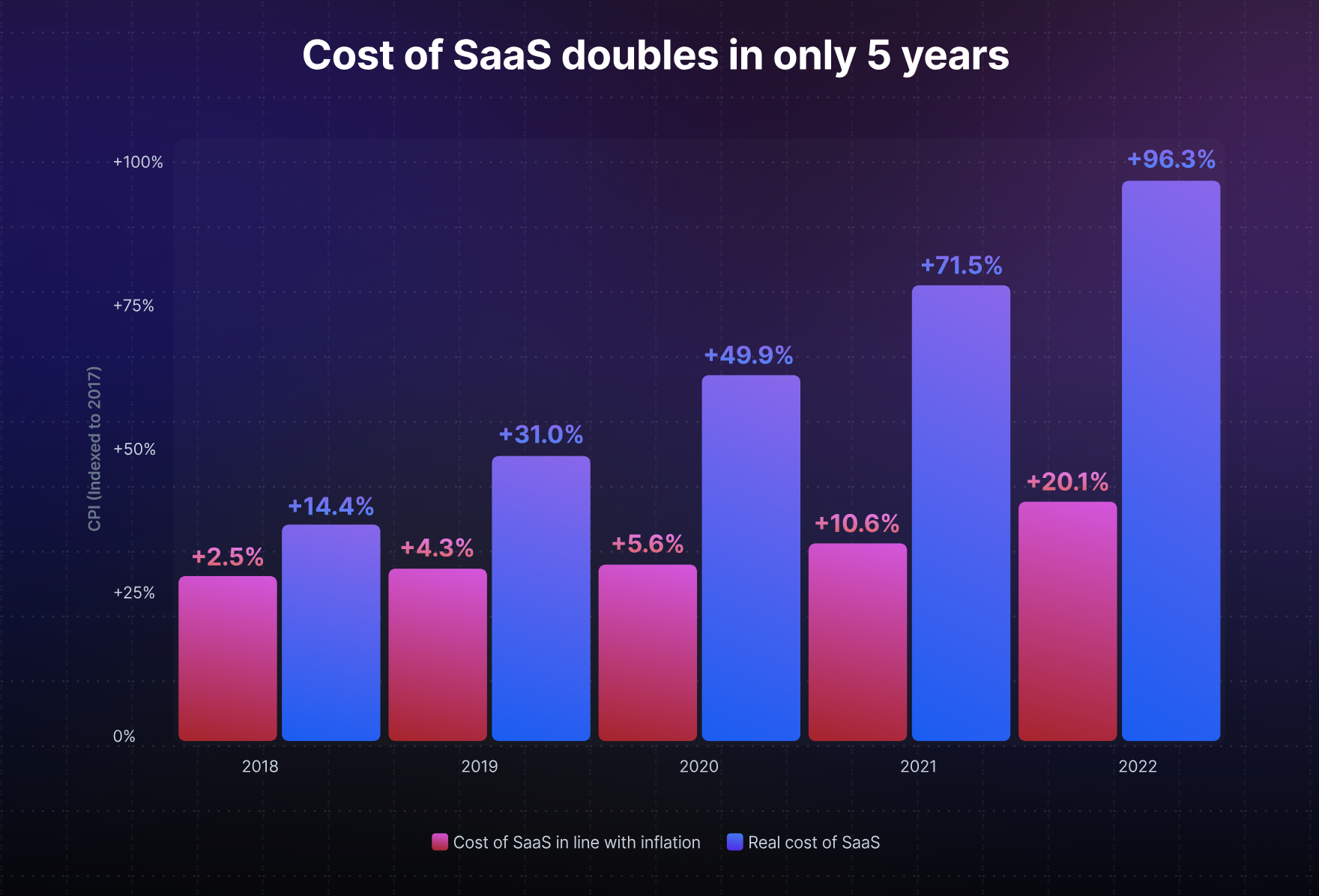What to Consider When Negotiating SaaS Contracts
Mar 4th, 2024
What to Consider When Negotiating SaaS Contracts
The market for software-as-a-service (SaaS) is growing rapidly. Market predictions forecast an increase from $237.48 billion in 2022 to an impressive $908.21 billion by 2030. This represents a compound annual growth rate (CAGR) of 18.7%.
Several key factors drive this growth: increased awareness of how SaaS works, advancements in related technologies like integration-platforms-as-a-service (IPaaS), and more manageable upfront costs. Nevertheless, as organizations increasingly incorporate SaaS platforms into their operations, few have expertise in negotiating SaaS contracts.
Many enterprises don’t adequately review the contract terms offered by SaaS vendors. Even fewer attempt to renegotiate the terms in their favor. Before initiating talks with potential SaaS providers, enterprises should pinpoint their objectives for SaaS applications. They should also identify which contract terms are necessary to fulfill those goals. This guide will teach you how to negotiate SaaS contracts effectively. It outlines key factors and strategies vendors and clients should consider during negotiations.
Key Takeaways
- Though few take advantage of the opportunity, businesses can negotiate for more favorable terms and pricing with SaaS providers.
- Proactive contract management post-negotiation is essential to realize the full benefits of a SaaS agreement.
- Understanding SaaS market trends can provide negotiation leverage for better pricing and cost management.
😉 Bonus: Check out our 10 Contract Lifecycle Management KPIs Every Business Needs.
What Is a SaaS Contract?

Image Source: https://geeksforless.com/saas-outsourcing/
A SaaS contract is an agreement between a provider and a customer for the online access and use of software applications, typically through a subscription model. These contracts cover various aspects, including:
- Service scope
- Payment terms
- Data security
- Compliance responsibilities
- Service level agreements (SLAs)
SaaS contracts are crucial. They define the relationship between the service provider and customer, clarify the rights and obligations of each party, ensure data protection, and set expectations for service availability and support.
Understanding the Importance of Negotiating SaaS Contracts
With the range of SaaS solutions businesses need for day-to-day operations on the rise, organizations should prioritize SaaS contract negotiation to ensure access to necessary services at reasonable prices.
SaaS services benefit from standardization, which typically leads to vendors being hesitant to alter service terms. When contract terms are non-negotiable, price becomes a primary negotiation point. Vendors may not consider adjusting their standard service terms, but might be more flexible on pricing. In the competitive landscape of SaaS, pricing adjustments can be a strategic move to secure business.

Image Source: https://www.vertice.one
Organizations now average 130 SaaS applications in their tech stack and continue to adopt more, growing at 18% annually. The SaaS market has experienced yearly spending jumps of 11% to 16% over the past 5 years, surpassing general economic inflation. This trend puts finance teams under stress as they plan budgets amid rising SaaS costs.
These dynamics challenge finance teams to find smart spending tactics and leverage to negotiate. With SaaS becoming increasingly integral to business operations, the ability to negotiate prices effectively can yield significant cost savings and budgetary efficiencies.
Tips and Strategies for Successful SaaS Contract Negotiations
Negotiating contracts wisely can lead to substantial savings, with enterprises saving an average of $349 million annually. Vendors’ willingness to negotiate contract terms hinges on three factors you can leverage based on the nature of your organization.
-
Size of the Enterprise
Larger enterprises with considerable buying power are more likely to persuade SaaS vendors to agree to non-standard contract changes than smaller businesses.
-
Type of Contract
The complexity of a SaaS application influences the likelihood of negotiation. Simple, commodity-like purchases usually have fixed terms. In contrast, contracts for complex applications, especially those critical to business operations, are more open to discussion and customized service-level agreements.
-
Historical Client-Vendor Relationships
Vendors consider the history and longevity of their relationships with clients. Vendors are more likely to offer flexible terms to clients with whom they’ve had a long-standing, positive relationship. Such clients are seen as lower risk and more trustworthy, making vendors more comfortable with contract flexibility.
Additionally, most vendors — 68% — will offer a discount of 20-30% for contracts that are year-long or longer. So even if your organization doesn’t have any long-standing SaaS vendor relationships, you can still conduct successful SaaS contract negotiation based on creating commitments.
SaaS Contract Negotiation Checklist
With an understanding of these negotiation factors, use this checklist to prepare for SaaS contract negotiations:
- Define your objectives and needs.
- Research vendor background and reputation.
- Review and compare pricing models.
- Understand the service level agreements.
- Check for compliance and security measures.
- Plan for scalability and future needs.
Questions to Ask When Negotiating a SaaS Contract
When negotiating a SaaS contract, consider asking the following questions:
- What service levels and uptimes does the contract guarantee?
- Are there any clauses regarding data privacy and security?
- How does the contract address scalability and future growth?
- What are the terms regarding contract termination and renewal?
- How will the vendor handle software updates and support?
How to Avoid Common Mistakes When Negotiating SaaS Contracts
When negotiating SaaS contracts, patience is key. Take the time to fully understand every clause. This diligence helps prevent future complications. Ensure you understand each term’s implications to avoid unexpected responsibilities or limitations that may arise during the contract’s lifecycle.
You should also assess the total cost of ownership accurately. Look beyond the surface to identify any hidden charges that could inflate total costs. Ensure that the contract stipulations for termination, data retrieval, and dispute resolution are transparent and fair. This clarity safeguards your organization’s interests in every scenario.
Achieving Optimum Business Success Through SaaS Contract Negotiations & Contract Management
Maximize efficiency and control of your contract lifecycle, including SaaS negotiations and renewals with Contract Logix contract management software. Contract Logix’s robust platform offers secure, end-to-end contract management from request through renewal.
Ensure compliance, streamline workflows, and unlock actionable insights with contract lifecycle management software from Contract Logix.
To learn more, request a demo of Contract Logix today.
Looking for more articles about Contract Management? Check out our previous article “8 Types of Healthcare Contracts You Should Know About“.
Navigate CLM Success With Contract Logix
Download our Data Extraction Product Brief to learn how you can begin to navigate CLM success by automating the hard work using artificial intelligence with one of the best Contract Management Software’s on the market today


